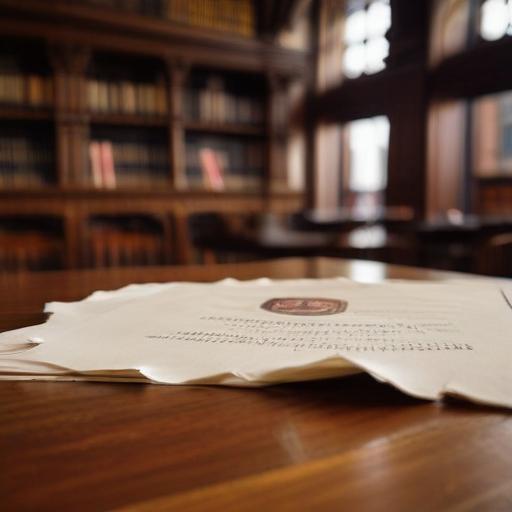Josh Gruenbaum, a senior official at the U.S. General Services Administration, has directed federal agencies to terminate all contracts with Harvard University and to refrain from entering into any new agreements with the institution. This decision effectively concludes decades of business interactions between Harvard and the federal government, a relationship recently strained by the Trump administration’s claims that Harvard’s admissions and hiring practices violate civil rights laws.
The termination of these contracts, valued at approximately $100 million, follows earlier actions that included the cancellation of over $2.7 billion in grants and contracts tied to Harvard. Notably, the U.S. Department of Defense and the Department of Health and Human Services had contracts with Harvard that are now affected. Harvard officials have expressed their dismay, claiming these funding cutbacks impede vital research initiatives and threaten years of progress in sectors prioritizing government funding.
Gruenbaum’s letter emphasized the federal government’s position that taxpayer funds should support vendors who uphold principles of nondiscrimination. The administration’s scrutiny has also extended to allegations that Harvard discriminates against certain demographic groups in its admissions process.
Despite the government’s allegations, Harvard has vigorously denied claims of discrimination and is actively pursuing legal action against the administration in federal court. In these cases, the university argues that the government’s tactics constitute illicit retaliation and breach federal laws and the Constitution. Efforts to scrutinize Harvard include investigations into admissions practices by the Department of Justice, as well as inquiries by the Department of Education and the Equal Employment Opportunity Commission regarding hiring practices.
The implications of these investigations reach into the realm of future admissions and hiring practices at Harvard, particularly in light of recent legal changes regarding affirmative action. Harvard’s officials have asserted compliance with legal frameworks following these adjustments, emphasizing their commitment to equitable practices.
As the situation unfolds, reactions from former students and legal scholars highlight a broader discussion on diversity, equity, and inclusion in academia. Some argue that the Trump administration’s actions may intimidate educational institutions into aligning with certain political ideologies, while others believe such scrutiny is an essential response to alleged systemic biases.
Khalil Gibran Muhammad, a scholar at Harvard, remarked that the administration’s campaign represents a backlash against the growing diversity in elite academic circles. Meanwhile, some legal experts assert that there are legal boundaries regarding hiring and admissions that universities must navigate responsibly.
As this saga continues, the ongoing debates concerning educational practices, government oversight, and the future landscape of diversity in academia remain critical points of focus, potentially influencing the broader societal implications of these actions.
